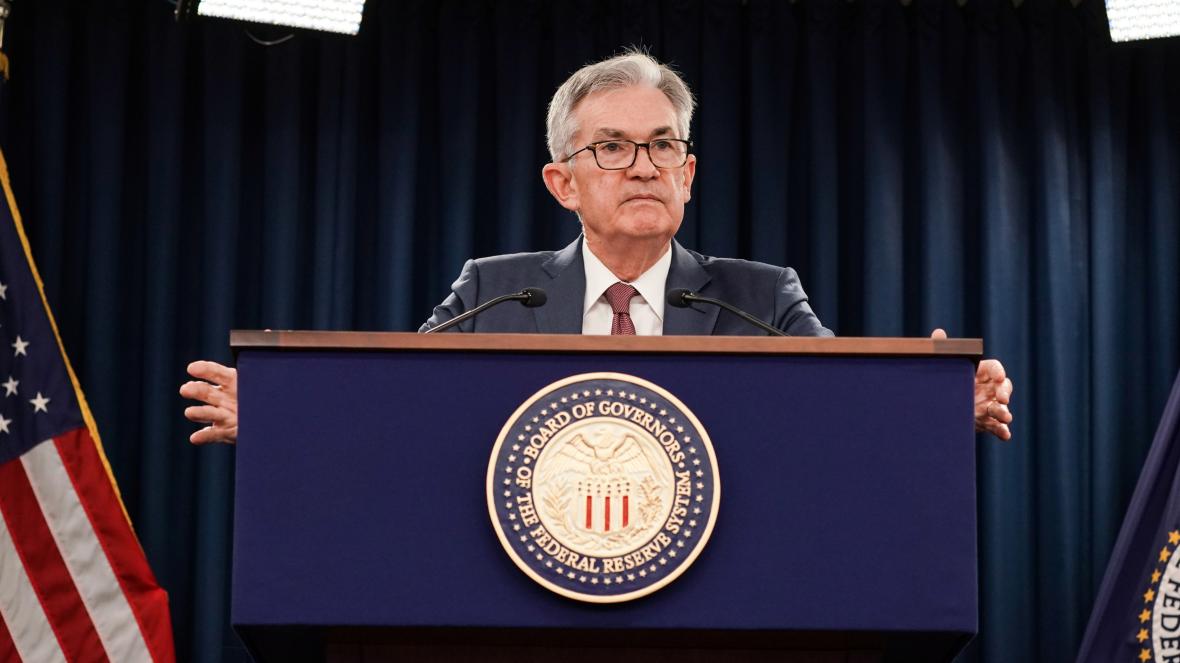"These are the unfortunate costs of reducing inflation,” Powell added

Catherine Hembrecht often has around $2 left over after paying for basic essentials like food, housing, and utilities until her next Social Security payment arrives. In an ideal month, she may have $9 more.
Hembrecht, 70, is recovering from a recent leg amputation and learning to maneuver everyday duties from a wheelchair in her small, leased house in Mishawaka, Indiana. She's been craving a Pizza Hut mini pie recently. But she lacks the funds to place an order. She doesn't grumble, though.
However, I have enough sympathy to spare, especially for those Americans struggling to escape the present cycle of poverty.
Hembrecht is correct: She is not in the worst situation. However, as inflation increases, so does the number of those who are having trouble making ends meet.
Some people are out of money or, if they have the necessary resources and creditworthiness, they are financing necessities using credit cards. The cost of basic goods and services like food, clothes, and electricity rises due to inflation, which disproportionately harms the poor.
The biggest inflation rate in a generation is already affecting Americans, causing many of them—those who were previously living paycheck to paycheck—to reduce their personal expenditures.
The responsibilities of high inflation fall hardest on those who are least able to bear them, according to Federal Reserve Chairman Jerome Powell, who issued a warning on Friday. He said that the central bank is dedicated to lowering inflation through aggressive interest rate rises.
“Restoring price stability will take some time and requires using our tools forcefully to bring demand and supply into better balance,” Powell said at an economic policy symposium in Jackson Hole, Wyoming.

Times are hard
Hembrecht lacks a safety net, like many low-income Americans. She managed a coffee shop outside DeBartolo Hall at the University of Notre Dame in South Bend until she resigned on disability in 2019.
Her leg's ongoing blood clots rendered her immobile, necessitated multiple bypass surgeries, and caused her to lose days of work.
Since her surgery in June, she has been negotiating with her landlord to create a wheelchair ramp and relocate her washing and dryer from the basement to a location where she can use them more easily, probably the back porch.
She can stay there as long as Hembrecht pays for the materials and labor, according to her landlord.
Hembrecht receives a $46 monthly pension from the University of Notre Dame and receives $1,161 in Social Security payments. Hembrecht spends more than half of her monthly salary on rent, which is $640. Her typical electric bill is $125.
Additionally, she now gives her landlord an extra $60 each month to maintain and trim her grass. Additionally, despite a 5.9% rise in Social Security payments this year, the increases lagged behind inflation.
Hembrecht, who drools at the thought of a fast-food pizza, opts for ham sandwiches made at home. She wishes for brighter times and less expensive requirements. She won't, however, wallow in her fixed, transient salary.
National columnist/deputy opinion editor Suzette Hackney is a member of USA TODAY’S Editorial Board. Contact her at shackney@usatoday.com or on Twitter: @suzyscribe
This article originally appeared on USA TODAY: 'I don’t want anyone to feel sorry for me': $2 until the next check and no money for pizza
